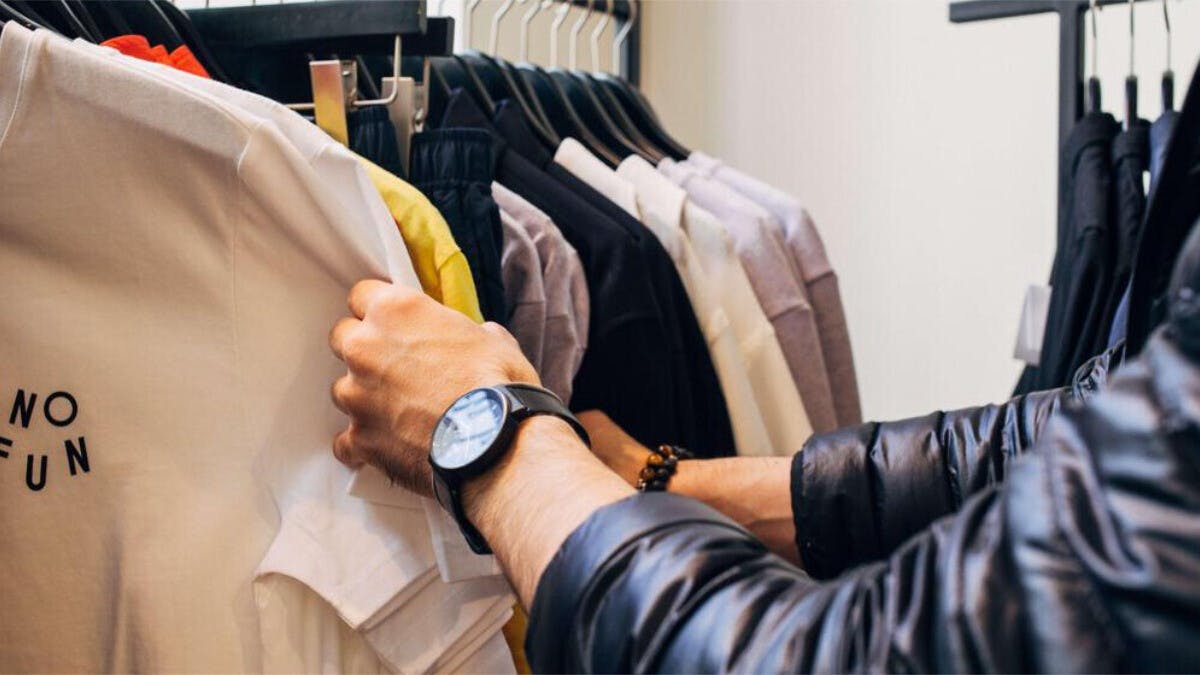The fashion industry has been put under the microscope once again by new research into its environmental sustainability and workplace conditions.
The 2022 Ethical Fashion Report (EFR) by Baptist World Aid looked into 581 brands represented by 120 companies across clothing and footwear. The brands were given a score out of 100, based on their progress in protecting workers as well as the environment.
Taking into account issues like worker empowerment, use of sustainable fibres, and tracing materials below final-stage, the 2022 report’s average industry score stood at 29.25.
Big names like Birkenstock, Industrie, Culture Kings, Windsor Smith, and Nine West received scores below 10.
Abercrombie & Fitch, Lowes, Amazon, Decjuba, and Rebel Sports were among the other stragglers that received scores below 20.
Despite the grim figures, the report found that Australian brands were performing better than others with eight of the 10 most-improved scores between 2021 and 2022 – Forever New (+20.76), RM Williams (+20.69), Nobody Denim (+13.83), Rip Curl (+13.76), Lorna Jane (+12.25), Kmart and Target Australia (+9.48), and Princess Polly (+8.04). The two other most-improved scores came from British clothing brand Boohoo and American fashion brand Ralph Lauren.
The top scoring companies of 2022 were Mighty Good Basics and Patagonia. Others in the top 10 included Adidas, Puma, Rodd & Gunn, Nudie Jeans, and Kmart and Target Australia.
“‘While it’s positive to see progress among some brands committed to improving their ethical supply chains in the last year, overall, this year’s Ethical Fashion Report is sobering reading for shoppers, investors and leaders in the fashion industry,” said Sarah Knop, Corporate Advocacy Lead at Baptist World Aid (BWA).
“It’s time for brands to prioritise action over rhetoric, to move from policies and commitments to tangible outcomes that support vulnerable workers and our vulnerable planet.”
The 2022 Ethical Fashion Report also found that less than half of the companies surveyed know or are actively tracing raw materials while just 15 per cent had a climate target covering the full supply chain.
Of added concern were the figures looking into wages of the factory workers. An overwhelming 90 per cent of companies surveyed did not pay living wages in final stage facilities. Total earnings of $85 a month were reported to be common for these workers.
“Cost of living is a concern for many Australians in 2022, but for most of the world’s garment workers, earning a living wage is a lifelong struggle,” Ms Knop noted.
However, the report’s results found that brands that have participated in the report for multiple years are showing positive changes with the average score for these older companies increasing from 32.5 in 2021 to 34.85 in 2022. In comparison, newer companies performed significantly worse with an average score of just 9.7.
It has once again put corporate greenwashing under the spotlight, even as the Australian Competition and Consumer Commission (ACCC), the country’s top consumer watchdog, has warned businesses to be ready to substantiate any sustainability or environmental claims.
Read the full report here.
Keep up to date with our stories on LinkedIn, Twitter, Facebook and Instagram.

